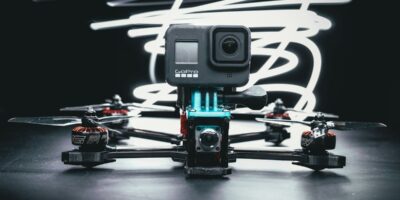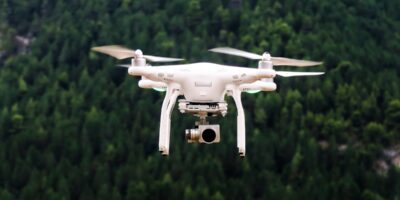Understanding UAS Operator Training
Unmanned Aerial Systems (UAS) are increasingly integrated into various industries. From agriculture to cinematography and emergency response, these systems are revolutionizing how tasks are performed. Ensuring operators are adequately trained is paramount for safety, efficiency, and compliance with legal standards. UAS operator training encompasses various skills and knowledge areas, each vital for successful operation.

The Importance of Training
Proper UAS operator training minimizes risks associated with drone operations. With drones being used in complex and sensitive environments, the potential for collisions, data breaches, or operational failures is real. Training prepares operators to handle equipment correctly, respond to emergencies, and make informed decisions.
Federal and Regulatory Requirements
In many countries, flying a UAS for commercial purposes requires certification from regulatory bodies like the Federal Aviation Administration (FAA) in the United States. Part 107 of the FAA regulations outlines the requirements for small UAS operations. It mandates that operators pass a knowledge test to obtain a remote pilot certificate. Topics covered include airspace classification, flight restrictions, weather effects, and UAS performance.
Because not all UAS use cases are the same, higher-risk operations might need additional waivers and permits
Operators must understand these nuances and possess the ability to navigate regulatory landscapes effectively. Regular updates on legislation and compliance are crucial because the UAS-related legal framework is evolving. Additionally, understanding international laws is essential if operating across borders.
Core Training Components
Initial training typically includes theoretical knowledge and practical skills. Theoretical coursework involves understanding UAS systems, sensors, and software. Operators learn about navigation, control, communication protocols, and data management. Meteorology, aerodynamics, and aviation laws are integral topics covered during the theory sessions.
Practical flight training is another critical component
Participants practice piloting skills in controlled environments before operating in real-world conditions. Simulation technology often plays a significant role, allowing for risk-free practice of maneuvers. Mastery of takeoff, landing, hovering, and path following are fundamental skills developed during these sessions.
Safety Procedures and Emergency Protocols
Training emphasizes safety procedures and emergency protocols. Operators learn pre-flight checks, calibrating equipment, and identifying potential flight hazards. Emergency treatment of drones, handling system failures, or managing loss of control scenarios are crucial skills taught during training.
Data Management and Privacy Concerns
Operators are trained to handle and store data responsibly. Understanding data protection laws and privacy issues is crucial, especially with cameras involved. Proper data handling ensures that sensitive information is not compromised or misused.
Continual Learning and Skill Development
UAS technology is rapidly advancing, necessitating continual learning. New features, systems, and applications emerge routinely. To stay effective, operators must engage in ongoing education. Many choose to attend workshops, webinars, and advanced courses to keep their skills current. Networking with other UAS professionals also aids in knowledge sharing and staying updated on best practices.
UAS Training Institutions
Multiple institutions offer UAS operator training, ranging from colleges and universities to private training companies. Some programs are industry-specific, catering to areas such as agriculture, photography, or disaster management. Selecting the right institution involves considering the comprehensiveness of their training, the expertise of instructors, and the hands-on learning opportunities available.
Certifications and Career Opportunities
Obtaining certification often opens new career pathways in sectors like logistics, media, security, and research. Many industries value certified UAS operators, and possessing a recognized certification can enhance employability and provoke career advancement.




Subscribe for Updates
Get the latest articles delivered to your inbox.
We respect your privacy. Unsubscribe anytime.